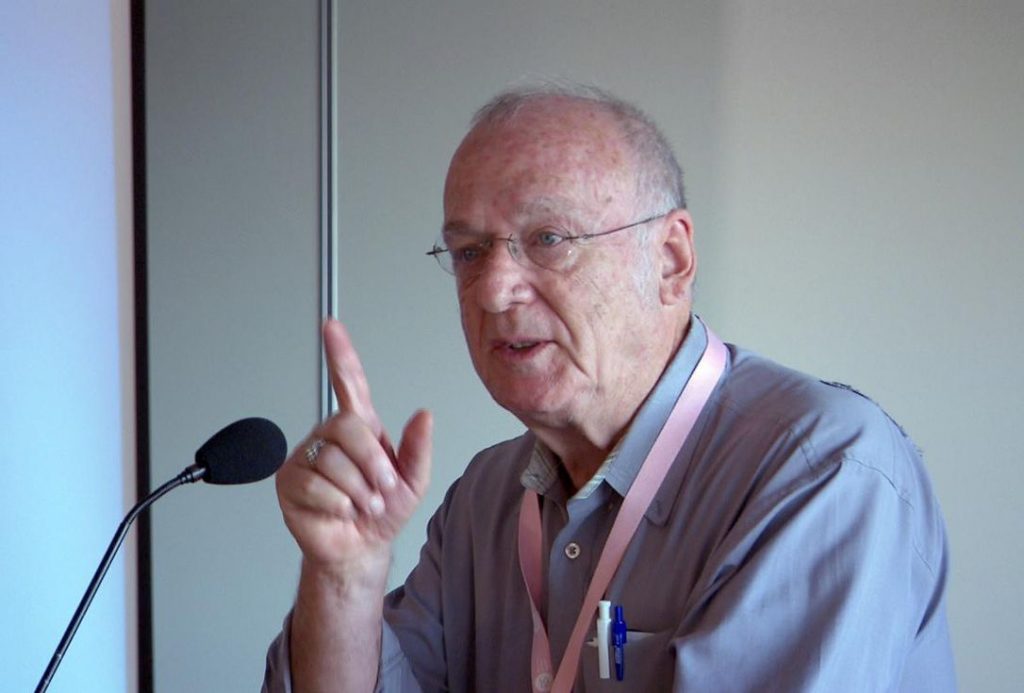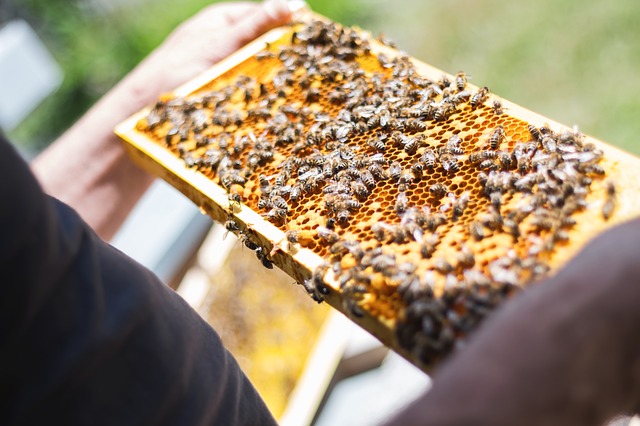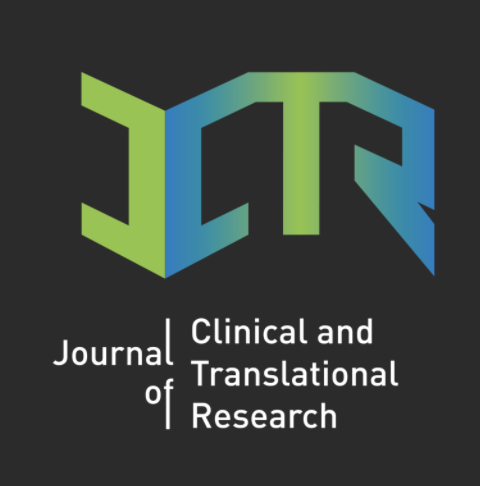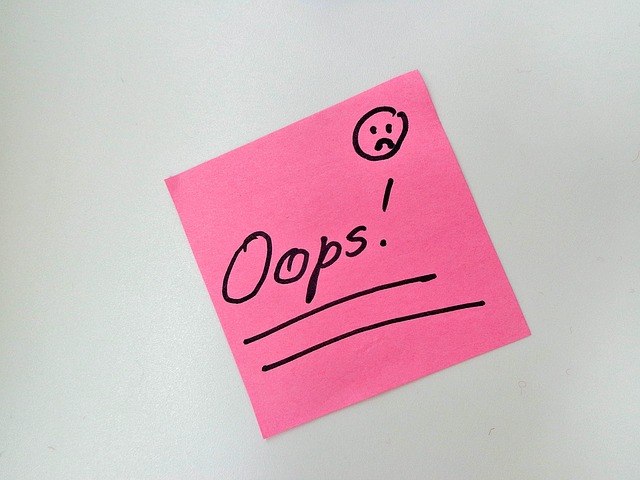A pediatrics journal has issued an expression of concern for a 2007 paper by a group of Canadian researchers whose leader, Gideon Koren, resigned in 2015 under a cloud after concerns surfaced about the integrity of the data in hundreds of his published studies.
Koren, once a prominent pediatrician and pharmacologist at the University of Toronto’s Hospital for Sick Children, ran the institution’s Motherisk Drug Testing Laboratory, which conducted hair testing for perinatal exposure to drugs and alcohol. In 2015, an investigation prompted by The Toronto Star found serious problems with the tests, which had been used in “used in thousands of child protection cases and several criminal cases.”
Koren stepped down that year, and in 2019 relinquished his license to practice medicine in Ontario. Reporting by the Star prompted Koren’s institution to order a review of more than 400 of his published papers. To date, by our count, journals have retracted five of Koren’s papers, corrected four, and have now issued three expressions of concern.
The newly flagged article, “Chronic cocaine exposure in a toddler revealed by hair test,” appeared in Clinical Pediatrics in 2007. Here’s the notice:
Continue reading Report by former Motherisk lab director of cocaine exposure in a child is subjected to an expression of concern







